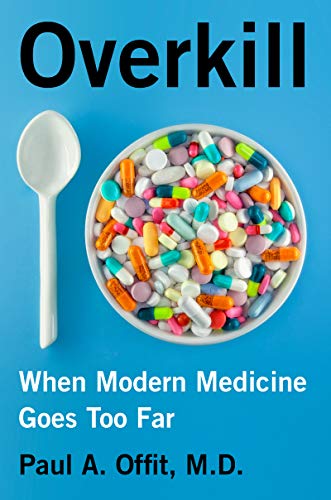This conversation with Dr. Bryan Carmody was recorded on June 21st, 2021. In this interview, Daniel Belkin and Mitch Belkin speak with Dr. Carmody about the history of the USMLEs, the value of standardized test scores, and the arms race in the residency admissions process. They touch on conflict of interest in medical education and the rising cost of medical schools among other topics.
Spotify | Apple Podcasts | Google Podcasts
Who is Bryan Carmody?
Dr. Bryan Carmody is a pediatric nephrologist at Eastern Virginia Medical School. He has made a name for himself as a critic of certain aspects of medical education and the residency application process. For years, he has argued that USMLE Step 1 should go pass-fail and that Step 2 CS should be eliminated — both of these events happened in the last year and a half.
Campbell’s law:
Campbell’s law comes from Donald Campbell, a psychologist and social scientist from the mid-20th century.
In 1976, Campbell wrote: “Achievement tests may well be valuable indicators of general school achievement under conditions of normal teaching aimed at general competence. But when test scores become the goal of the teaching process, they both lose their value as indicators of educational status and distort the educational process in undesirable ways.”
For instance, there are now entire school curricula devoted to improving test scores. This obviously wasn’t the original intention.
References:
Radiology Journal Article: “Do residency selection factors predict radiology resident performance?” This article finds a fairly modest association between USMLE score and discordance rates between preliminary resident reads of radiologic findings and the final attending interpretation. This was for residents at UPMC. https://pubmed.ncbi.nlm.nih.gov/29239834/
Paul Graham: The podcast references his essay, The Lesson to Unlearn.
More on Dr. Carmody:
- Med Ed is Rotten – Medscape article about Dr. Carmody
- Youtube video on capping residency applications:
- Dr. Carmody’s Youtube channel
- Twitter link: @jbcarmody
- Sheriff of Sodium blog




